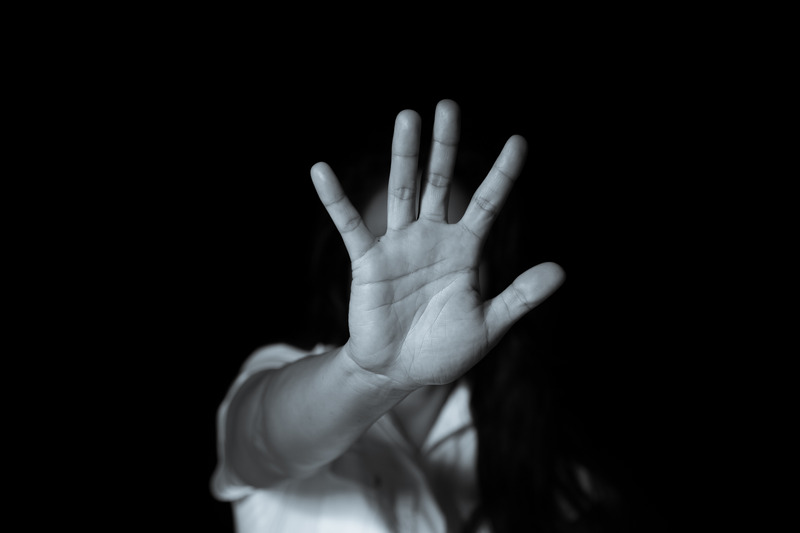
Stop Sexual abuse Concept, stop violence against Women, international women’s day
CEBU CITY, Philippines — A group of non-government organizations (NGOs) has called on the government to “empower, protect and immediately respond” to the needs of girls and young women amid the high number of cases of gender-related violence during the implementation of community quarantine protocols.
The group, Girls Advocacy Alliance, urged authorities to monitor the women and children who are at “increased risk” of violence, exploitation, abuse, and neglect and ensure the access and availability of access to and availability hotlines for reporting abuses and online helplines for psychosocial support and legal advice.
“The Girls Advocacy Alliance also urges local governments to boost efforts in preventing and addressing gender-based violence among their constituencies through intensive online and community-based information campaigns,” the GAA said in a statement.
Quoting data from the Philippine National Police (PNP), the GAA said at least 2,183 cases of violence against women and 2,077 cases of violence from the start of the quarantine controls last March until early this June 2020.
“Child-focused groups are receiving more and more reports of harassment and sex trafficking on social media, with many online perpetrators even promising ‘lifetime membership’ and ‘exclusive access’ to child sexual abuse photos and videos,” the GAA said.
“According to data gathered by the Philippine Commission on Women, the reported gender-based violence incidents include violations of the Anti-Rape Law, Anti-Violence Against Women and their Children Act, Articles No. 334 and 336 of the Revised Penal Code, Anti-Photo and Video Voyeurism Act, Anti-Trafficking in Persons Act, Anti-Sexual Harassment Act, and Safe Spaces Act,” it added.
The GAA added said it was also alarmed by the possibility that the reported number might not reflect the extent of the abuses yet.
READ: Gov’t agencies: Report gender-based violence in your areas
While poverty is a major cause of exploitation, the GAA added that the ongoing economic struggle might force girls and women to engage in prostitution to support their families.
“Parents may coerce their children to perform sexual acts in exchange for money. With children spending more time on the internet because of school closures, perpetrators may take advantage of the situation and lure them to perform sexually explicit acts in front of the camera,” the group said.
“The reluctance to speak and fear to report — combined with quarantines, very limited access to protection and support services, weak law enforcement, and victim shaming — leaves the door wide open for more children and women to fall prey to being sexually abused and exploited,” it added.
The group also called for the disaggregation of data related to the COVID-19 outbreak by sex, age, and disability. From the disaggregated data, the group has also urged the government to analyze and understand the “gendered differences in impact, exposure and treatment, and to design differential preventive measures.”/dbs